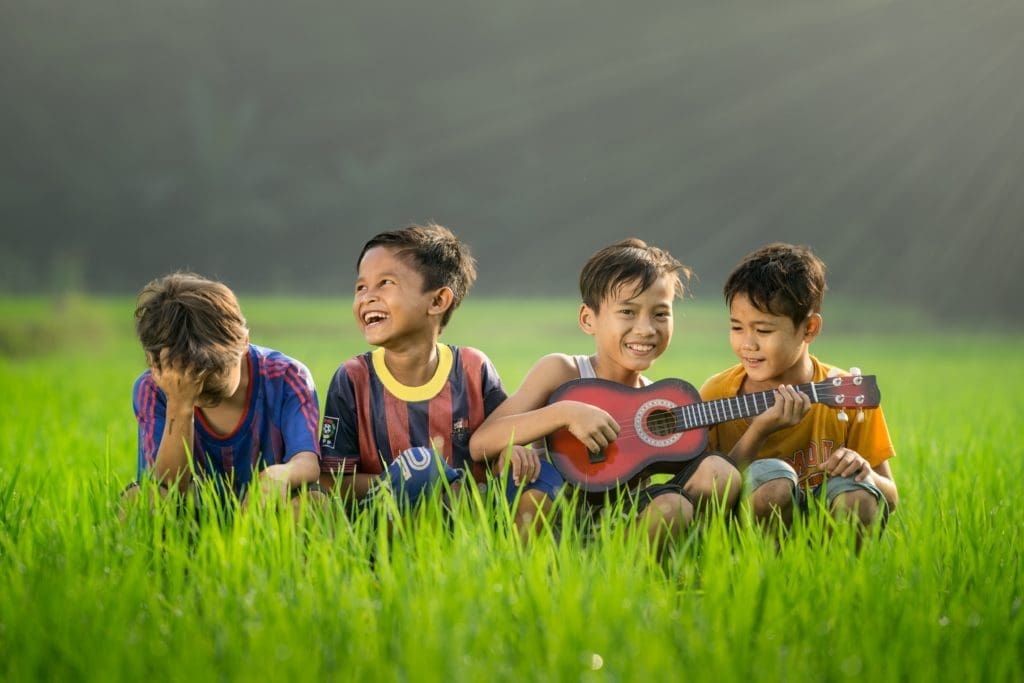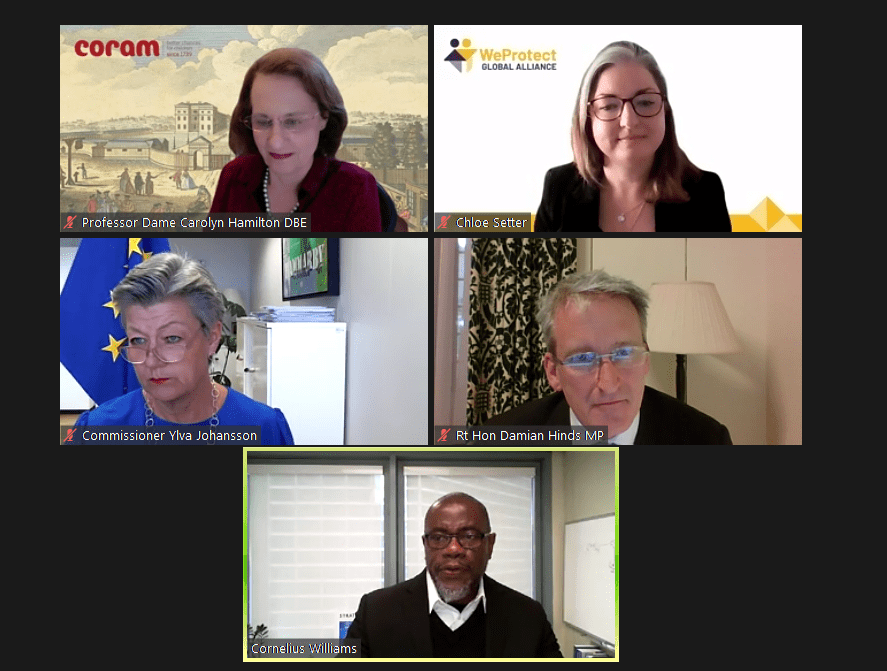Online safety laws can help to turn the tide against child sexual abuse online

Chloe Setter, Head of Advocacy, Policy & Research at WeProtect Global Alliance, reflects on how online safety legislation can play a key role in protecting children online.
The need for regulation
The regulation of online harms hasn’t reached the same level of maturity as other sectors, such as finance or aviation. However, the increasing scale and complexity of child sexual abuse online has brought the debate around online safety laws to a new level of urgency. And it has led to different governments drafting new legislations tackling forms of abuse online, including child sexual abuse online.
Australia’s ‘Online Safety Act’, which came into effect last January, was the first of its kind to be implemented. The European Union is currently working to publish soon a new law on child sexual abuse online. This new regulation intends to make identifying, reporting and removing child sexual abuse material mandatory. At the same time, the Online Safety Bill is passing through the UK Parliament, which would introduce new rules for online platforms with user-generated content.
Our event
Last week, on 25th April, I moderated the online event, ‘Prioritising children in online safety laws: an international perspective’, organised by WeProtect Global Alliance to discuss new or emerging online safety laws. In particular, we reflected on what legislative frameworks should include to protect children from child sexual abuse online. We then explored how emerging legislation was aiming to tackle the issue. This debate was led by:
- Commissioner Ylva Johansson – European Commissioner for Home Affairs
- Damian Hinds MP – UK Minister for Security and Borders
- Paul Fletcher MP – Australian Minister for Communications, Urban Infrastructure, Cities and the Arts
- Cornelius Williams – Director of Child Protection, UNICEF
- Professor Dame Carolyn Hamilton DBE – Director, Coram International

Different approaches but common goals
All the different laws or proposed laws discussed during the webinar include varying approaches to regulation and reflect the different national or regional context. However, some key areas of consensus emerge from all these different legislations.
- Often online safety legislations do not focus only on child sexual exploitation and abuse online but intend to regulate different aspects of the digital world. However, all the legislators at the event agreed that tackling this form of online harm is a priority and that it requires the strictest of measures.
- We must listen to young people about what works and involve them in designing and shaping our approach to digital safety.
- No country can tackle child sexual abuse on its own. It is a borderless crime that needs a coordinated international response.
The fight against child sexual abuse is my number one priority. And the most powerful weapon I have in this fight is legislation.
Ylva Johansson – European Commissioner for Home Affairs
Time to turn the tide
The WeProtect Global Alliance Summit, ’Turning the Tide on Child Sexual Abuse Online‘, on 1-2 June in Brussels (and online), will be a crucial moment of global focus and cooperation for our 200+ members. Importantly, this will also be our first Summit since we’ve become an independent organisation in 2020.
At the Summit, we will be launching the review of our renowned Model National Response, including a call to action to governments and others to work together and take important next steps to end child sexual abuse online.
We will also play a facilitator role in the Technology Coalition’s launch of a voluntary transparency framework on child sexual abuse at the summit. This framework will mark a really important step forward in how companies report on what’s happening on their platforms and what they’re doing in terms of their response.
But above all, the Summit will be an incredible moment to come together and reflect on the past few years of work as an Alliance. At this Summit, we will heed the message from this webinar and promise to prioritise children, listen to survivors and advocates, and work as a collective to truly turn the tide on child sexual abuse online.
-
Discussions tagged with 'online-safety-laws'
-
Sorry, there were no discussions found.
Page last updated on 14th November 2024